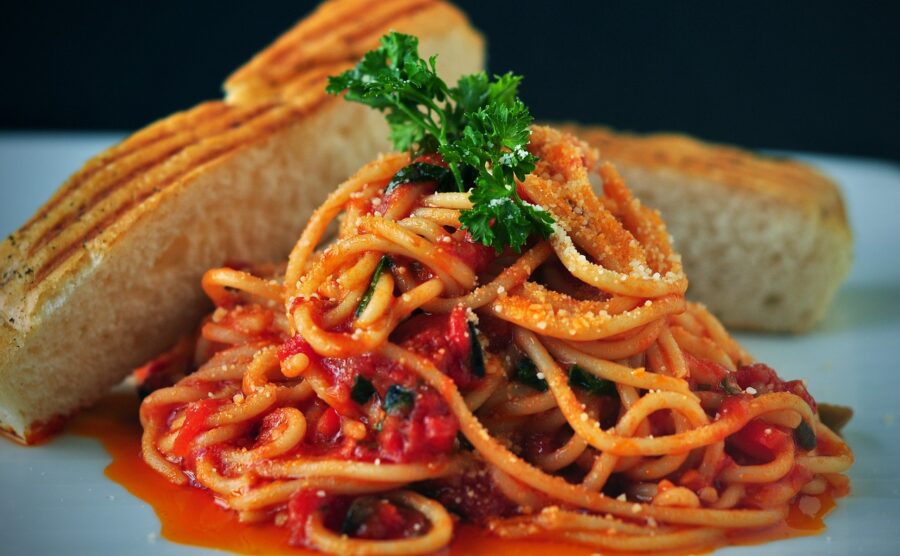
Should you be sharing your pasta with your feline?
Sharing pasta with your cat isn’t advisable due to its lack of essential nutrients and potential digestive problems. Consult a vet.

We all love to indulge our feline companions with a tasty treat now and then. But when those pleading eyes land on your plate of pasta, it’s wise to understand the feline digestive system before sharing.
Catster suggests considering items like pasta, which might not be toxic to cats but can be unsuitable for their digestion. Here’s the scoop on what happens when cats eat pasta:
CAN CATS DIGEST PASTA?
Cats are obligate carnivores, meaning their bodies are specifically designed to thrive on a diet rich in animal protein. Unlike humans and omnivores, cats lack the necessary enzymes to efficiently digest complex carbohydrates found in abundance in pasta.
THE POTENTIAL FOR PROBLEMS OF PASTA:
While a small bite of plain cooked pasta likely won’t cause harm, there are some potential downsides to consider:
- Digestive Upset: The high carbohydrate content can lead to stomach upset, including vomiting or diarrhoea, especially in kittens or older cats with sensitive digestive systems.
- Weight Gain: Pasta is high in calories and lacks the essential nutrients cats need. Regularly indulging your feline friend can lead to weight gain and obesity-related health problems.
- Nutrient Deficiencies: A pasta-heavy diet can displace essential nutrients cats require from meat-based sources, potentially leading to deficiencies in the long run.
SAFER SNACKING ALTERNATIVES:
If you want to treat your cat, opt for something more suited to their dietary needs:
- Small cooked meat pieces: Chicken, turkey, or lean fish are all purr-fectly healthy options.
- Commercial cat treats: Look for treats formulated for cats, often containing protein and essential nutrients.
WHEN IN DOUBT, CONSULT YOUR VET:
If you’re unsure about what to feed your cat, always seek advice from your veterinarian. They can recommend a healthy and balanced diet that meets your feline friend’s specific needs.
THE BOTTOM LINE ABOUT PASTA:
While a tiny nibble of plain pasta probably won’t cause immediate issues, it’s not an ideal food for cats. Opt for protein-rich treats and a balanced diet to keep your kitty healthy and happy. Remember, a healthy cat is a playful, purring companion for years to come!
